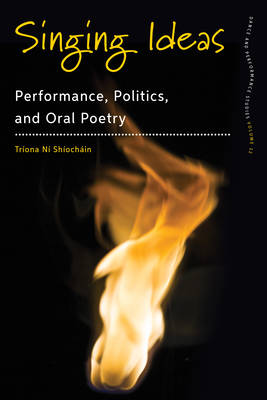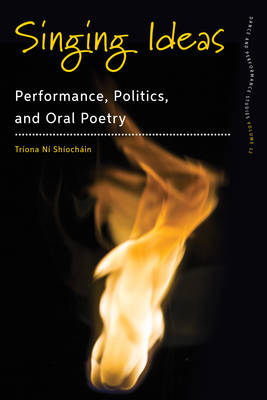
- Retrait gratuit dans votre magasin Club
- 7.000.000 titres dans notre catalogue
- Payer en toute sécurité
- Toujours un magasin près de chez vous
- Retrait gratuit dans votre magasin Club
- 7.000.0000 titres dans notre catalogue
- Payer en toute sécurité
- Toujours un magasin près de chez vous
Description
Considered by many to be the greatest Irish song poet of her generation, Máire Bhuí Ní Laeire (Yellow Mary O'Leary; 1774-1848) was an illiterate woman unconnected to elite literary and philosophical circles who powerfully engaged the politics of her own society through song. As an oral arts practitioner, Máire Bhuí composed songs whose ecstatic, radical vision stirred her community to revolt and helped to shape nineteenth-century Irish anti-colonial thought. This provocative and richly theorized study explores the re-creative, liminal aspect of song, treating it as a performative social process that cuts to the very root of identity and thought formation, thus re-imagining the history of ideas in society.
Spécifications
Parties prenantes
- Auteur(s) :
- Editeur:
Contenu
- Nombre de pages :
- 214
- Langue:
- Anglais
- Collection :
- Tome:
- n° 12
Caractéristiques
- EAN:
- 9781785337673
- Date de parution :
- 29-12-17
- Format:
- Livre relié
- Format numérique:
- Genaaid
- Dimensions :
- 155 mm x 231 mm
- Poids :
- 430 g

Les avis
Nous publions uniquement les avis qui respectent les conditions requises. Consultez nos conditions pour les avis.






